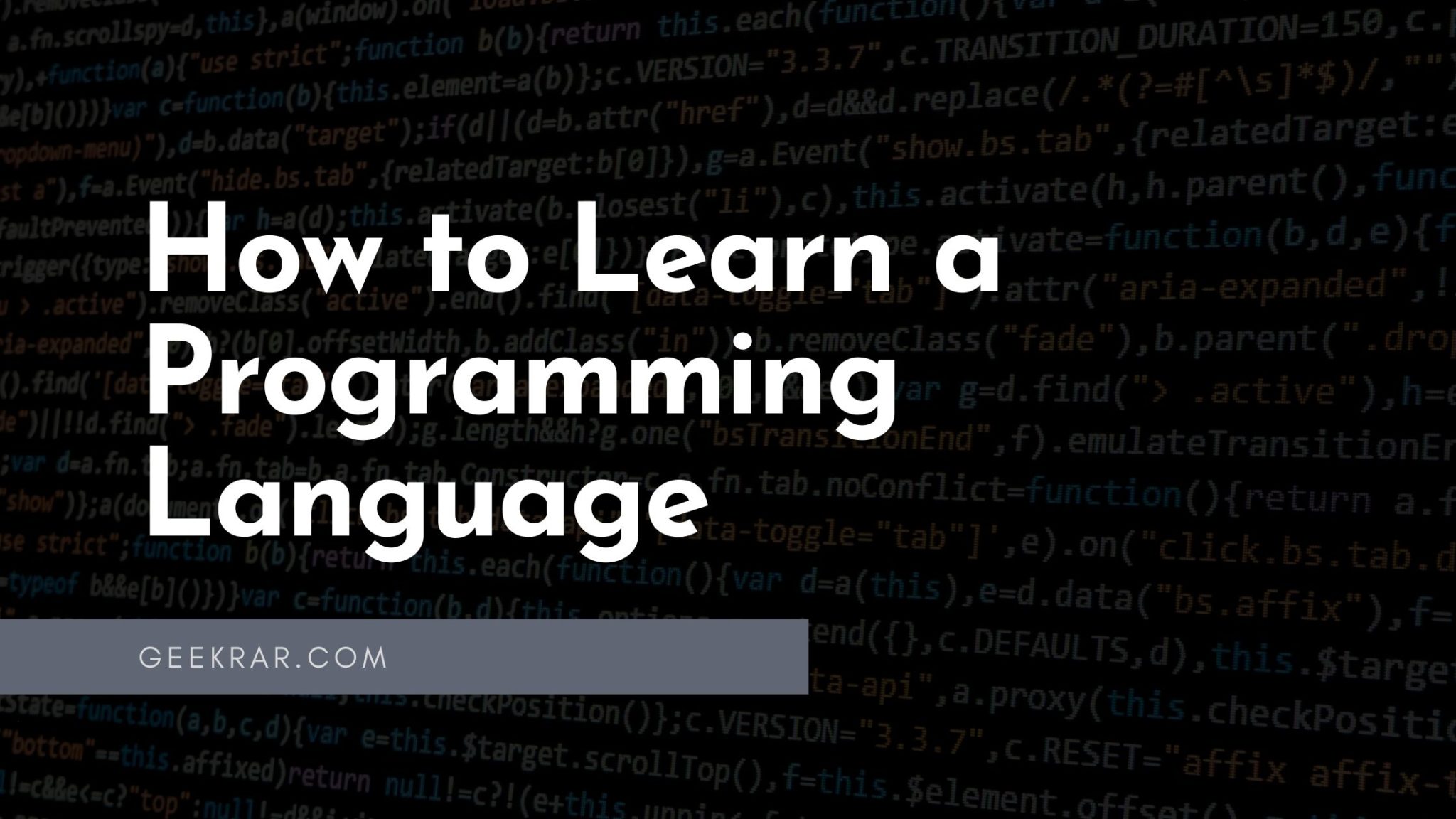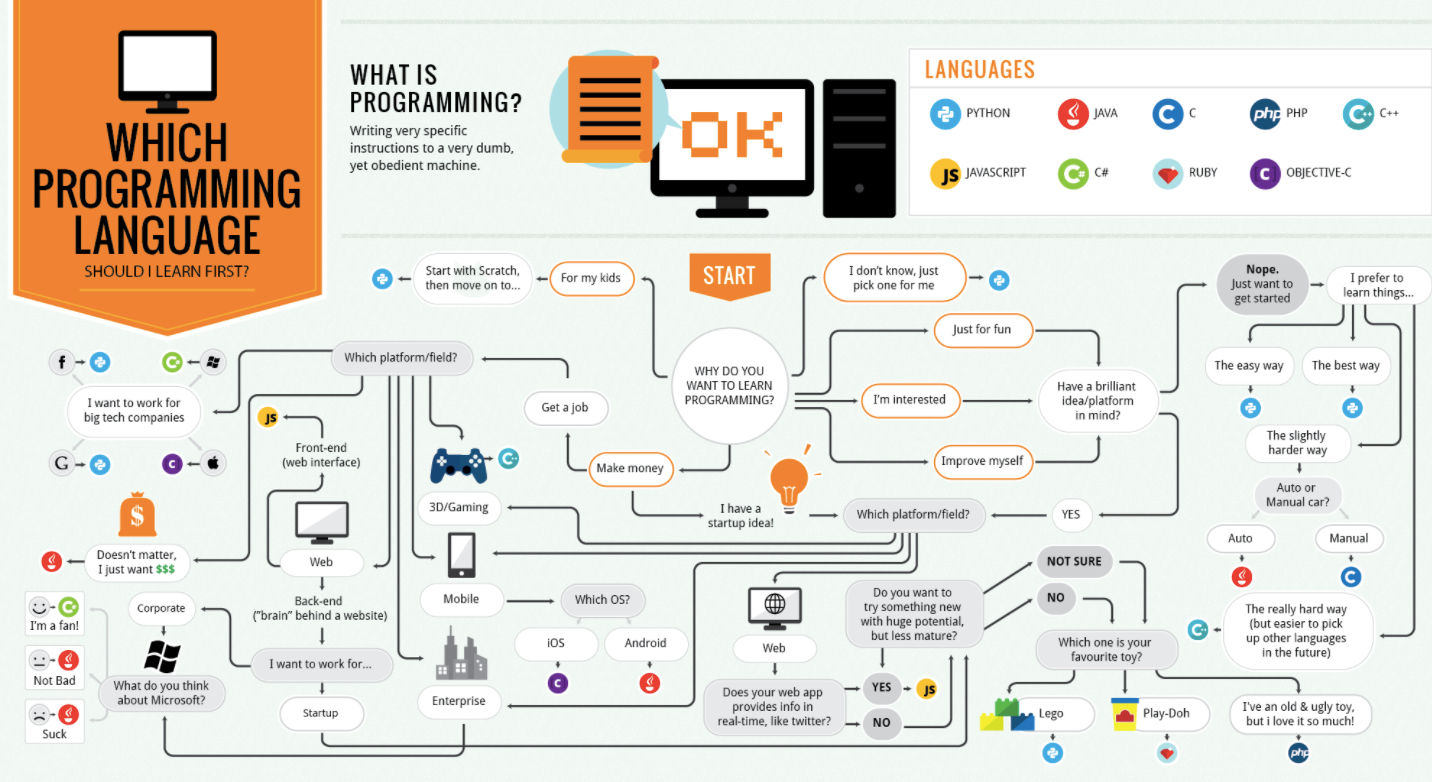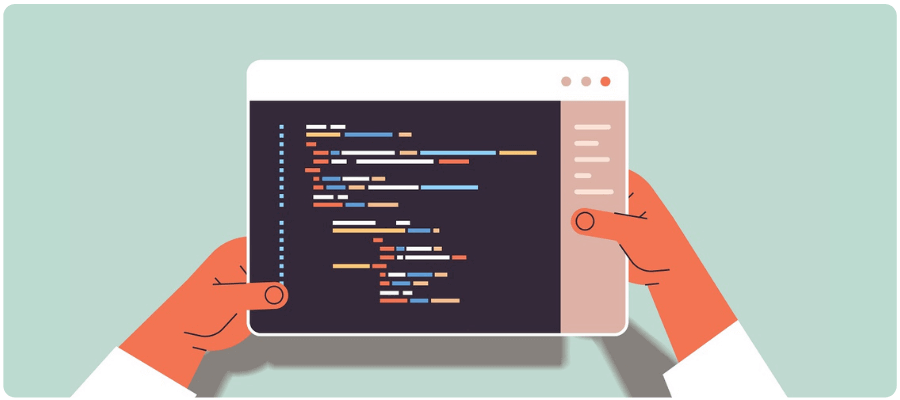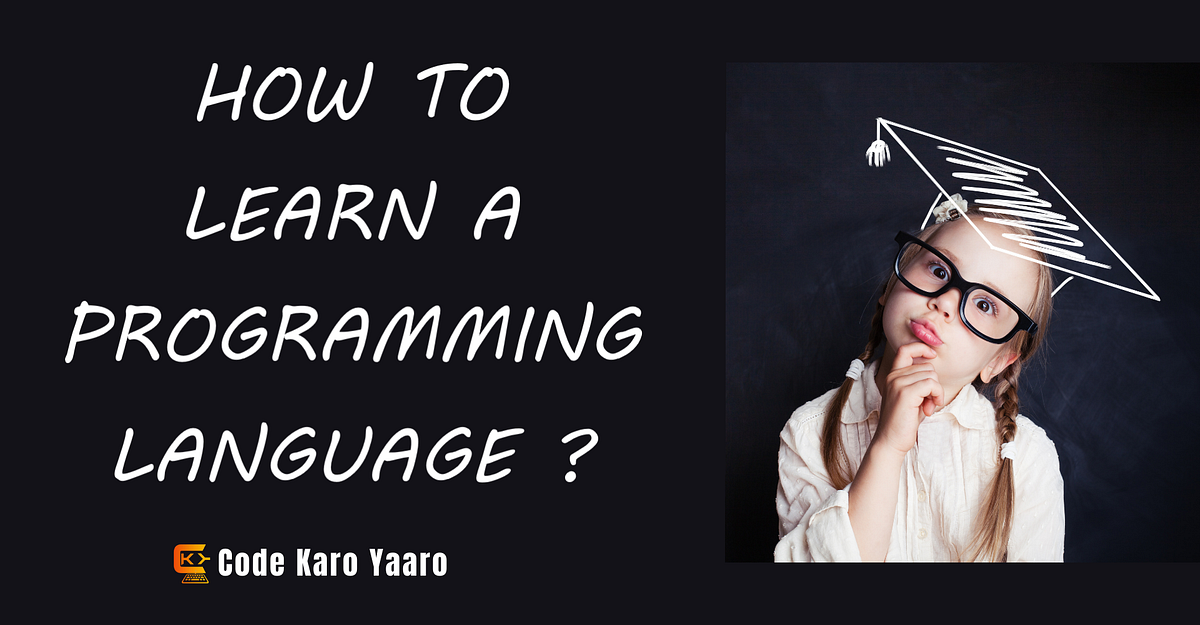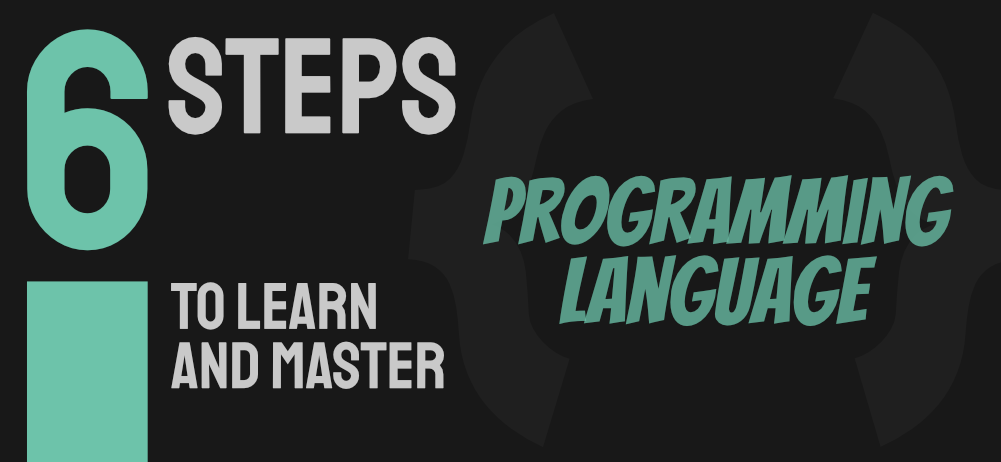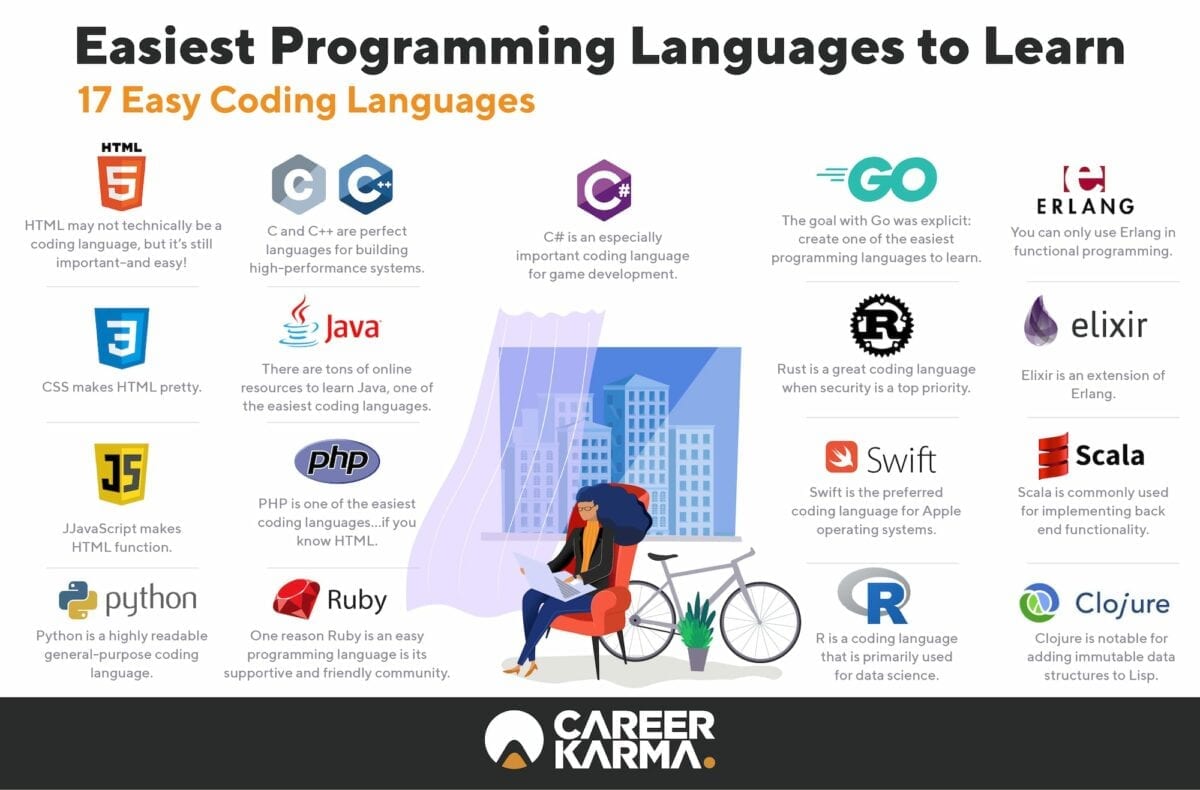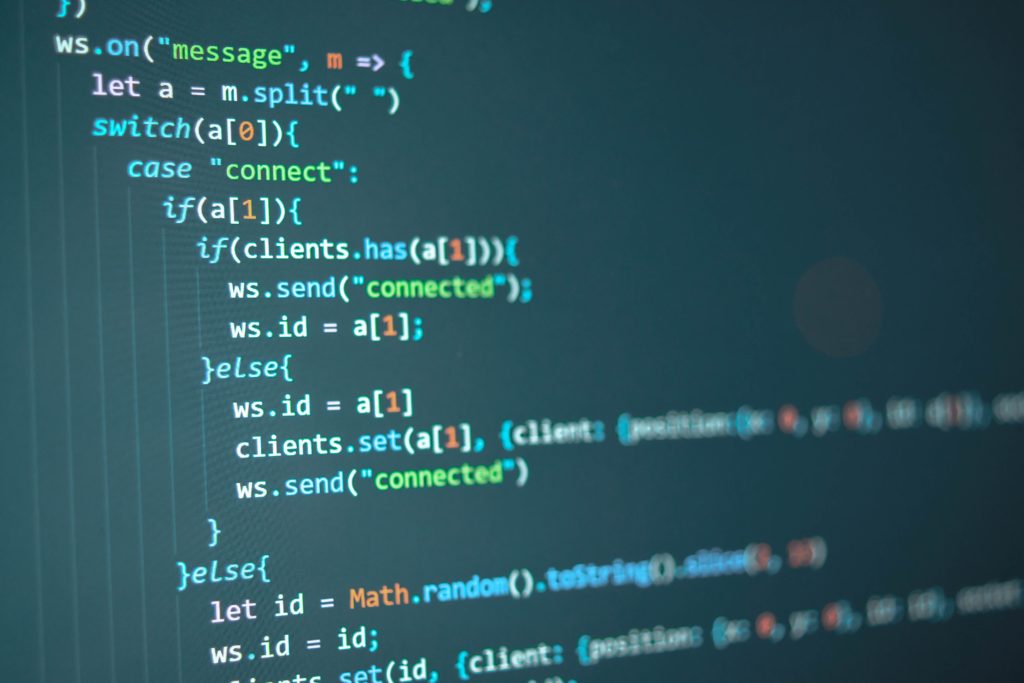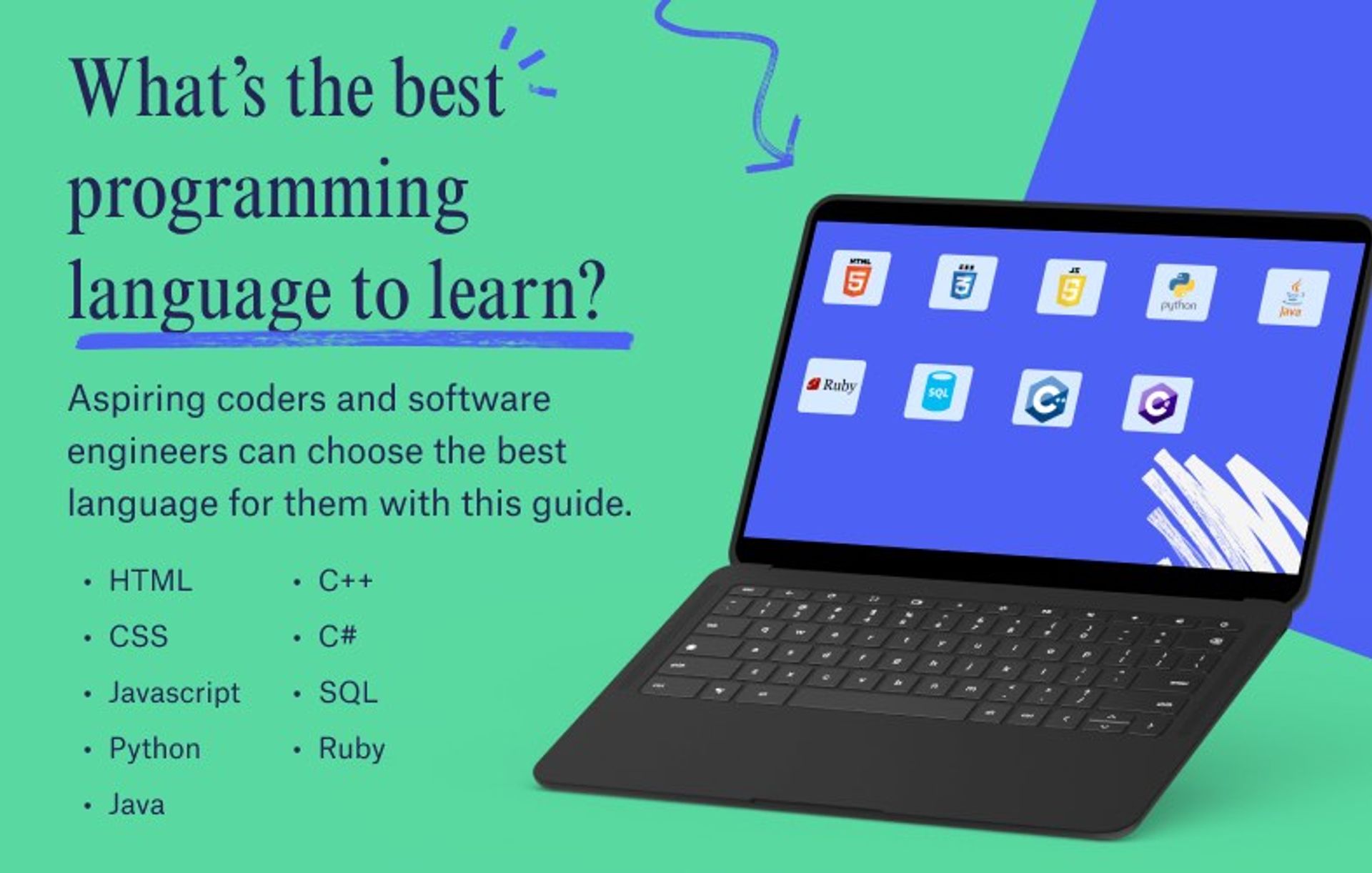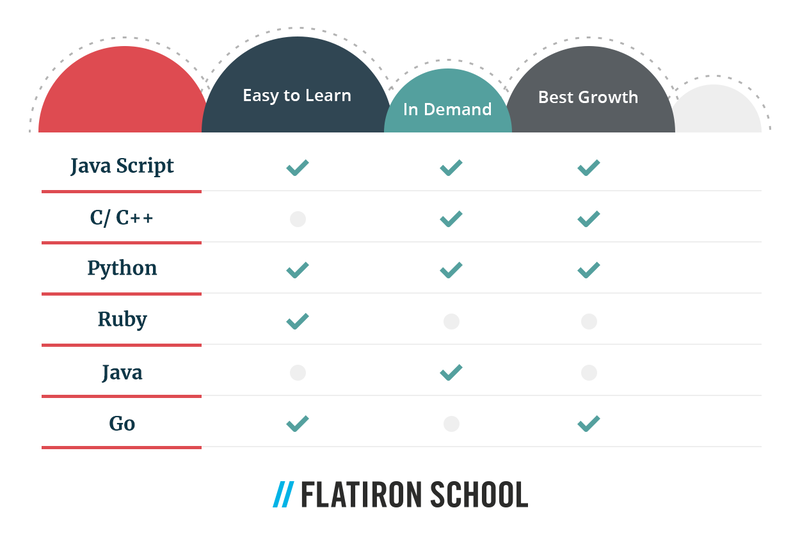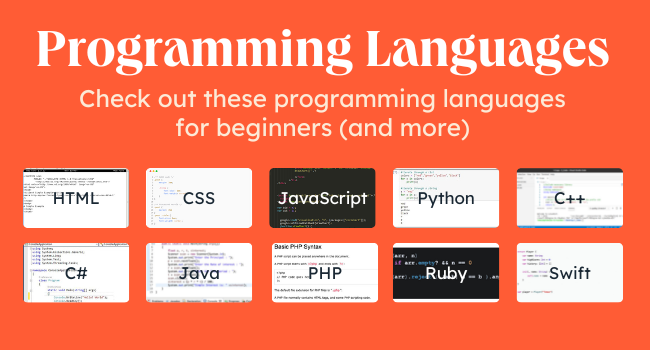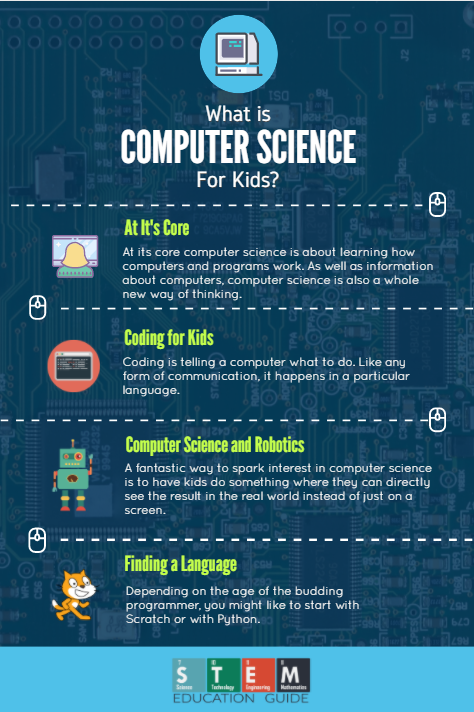How Long To Learn A Coding Language

The digital landscape is increasingly coded, and the allure of becoming a coder is stronger than ever. Yet, for aspiring programmers, one question persistently looms large: How long will it take to learn a coding language? The answer, frustratingly, is rarely straightforward.
This article delves into the multifaceted factors influencing the timeline for learning to code. We will dissect the roles of language choice, learning resources, dedication, and individual aptitude. It aims to provide a realistic roadmap for those embarking on their coding journey, acknowledging the variability while offering tangible benchmarks.
Factors Influencing Learning Time
Several elements conspire to dictate the duration of the learning process. These range from the inherent complexity of the language itself to the student's prior experience and learning style.
Language Complexity
Some languages are inherently easier to grasp than others. Python, for example, is often lauded for its readability and beginner-friendly syntax.
Conversely, languages like C++, known for their power and flexibility, present a steeper learning curve due to their lower-level nature and intricate memory management.
Learning Resources and Approach
The method of learning significantly impacts the timeline. A structured bootcamp, according to Course Report data, can equip individuals with job-ready skills in approximately 12-24 weeks.
Self-taught learning, while potentially more flexible, can take longer. Online resources, tutorials, and documentation are abundant, but require discipline and effective self-direction. A 2021 Stack Overflow Developer Survey suggested that self-taught developers often spend significant time grappling with foundational concepts.
Dedication and Practice
Consistency is paramount in mastering any skill, and coding is no exception. Regular practice solidifies concepts and builds proficiency.
Experts generally agree that dedicating at least 1-2 hours daily can accelerate the learning process. Furthermore, working on real-world projects, as recommended by organizations like FreeCodeCamp, provides invaluable experience.
Prior Experience and Aptitude
Individuals with prior programming experience, even in a different language, often have a head start. Familiarity with programming logic and problem-solving techniques can significantly shorten the learning curve.
Aptitude also plays a role. Some individuals naturally grasp abstract concepts and algorithmic thinking more easily than others.
Realistic Timelines and Expectations
While generalizations can be misleading, providing some benchmarks is useful. These are based on averages and should be interpreted with caution.
Basic Proficiency
Achieving a basic level of proficiency, sufficient for understanding fundamental concepts and writing simple programs, might take 2-3 months with consistent effort. This involves understanding data types, control structures, and basic algorithms.
Intermediate Skills
Reaching an intermediate level, enabling one to build more complex applications and contribute to collaborative projects, typically requires 6-12 months of dedicated learning. This entails mastering object-oriented programming, data structures, and common design patterns.
Advanced Expertise
Attaining advanced expertise, characterized by deep understanding of language intricacies, proficiency in multiple paradigms, and the ability to tackle complex problems, can take years of continuous learning and practical experience. Becoming a senior developer, for example, often requires 5+ years of industry experience.
The Continuous Learning Imperative
The world of coding is dynamic, with new languages, frameworks, and libraries constantly emerging. Therefore, learning to code is not a finite process but rather an ongoing journey.
Successful programmers embrace continuous learning, staying abreast of new developments and adapting their skills accordingly.
Conclusion
Estimating the time required to learn a coding language is an inherently subjective exercise. However, by considering factors such as language complexity, learning approach, dedication, and individual aptitude, aspiring coders can develop realistic expectations and tailor their learning strategies.
Ultimately, the journey of learning to code is a marathon, not a sprint. Persistence, passion, and a commitment to continuous learning are the keys to success. The increasing demand for skilled programmers suggests that the effort invested is well worthwhile.


